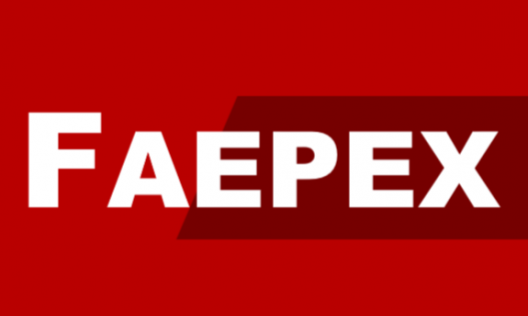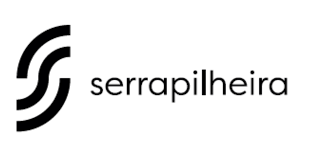| Article | ||

Download article |
Title: Human Cerebral Organoids and Fetal Brain Tissue Share Proteomic Similarities Author: Nascimento, Juliana Minardi; Martins-de-souza D; Martins-de-souza, Daniel; Saia-cereda, Verônica M.; Sartore, Rafaela C.; Da Costa, Rodrigo Madeiro; Schitine, Clarissa S.; Freitas, Hercules Rezende; Murgu, Michael; De Melo Reis, Ricardo A.; Rehen, Stevens K. Year: 2019 Is part of: FRONTIERS IN CELL AND DEVELOPMENTAL BIOLOGY, v. 7, p. 1 - 12 DOI: https://doi.org/10.3389/fcell.2019.00303 Citation: Nascimento, Juliana Minardi; Martins-de-souza D; Martins-de-souza, Daniel; Saia-cereda, Verônica M.; Sartore, Rafaela C.; Da Costa, Rodrigo Madeiro; Schitine, Clarissa S.; Freitas, Hercules Rezende; Murgu, Michael; De Melo Reis, Ricardo A.; Rehen, Stevens K.; Human Cerebral Organoids and Fetal Brain Tissue Share Proteomic Similarities. FRONTIERS IN CELL AND DEVELOPMENTAL BIOLOGY, v.7, p. 1-12, 2019 Abstract: The limited access to functional human brain tissue has led to the development of stem cell-based alternative models. The differentiation of human pluripotent stem cells into cerebral organoids with self-organized architecture has created novel opportunities to study the early stages of the human cerebral formation. Here we applied state-of-the-art label-free shotgun proteomics to compare the proteome of stem cell-derived cerebral organoids to the human fetal brain. We identified 3,073 proteins associated with different developmental stages, from neural progenitors to neurons, astrocytes, or oligodendrocytes. The major protein groups are associated with neurogenesis, axon guidance, synaptogenesis, and cortical brain development. Glial cell proteins related to cell growth and maintenance, energy metabolism, cell communication, and signaling were also described. Our data support the variety of cells and neural network functional pathways observed within cell-derived cerebral organoids, confirming their usefulness as an alternative model. The characterization of brain organoid proteome is key to explore, in a dish, atypical and disrupted processes during brain development or neurodevelopmental, neurodegenerative, and neuropsychiatric diseases. Funding: JN, VS-C, and DM-D-S are supported by the Sao Paulo Research Foundation (FAPESP) grants 14/21035-0, 16/07332-7, 13/08711-3, and 14/10068-4. CS was recipient of a CAPES-FAPERJ Postdoc fellowship. Other funds are provided by the National Council for Scientific and Technological Development (CNPq), the Instituto Nacional de Ciencia e Tecnologia de Neurociencia Translacional (INCT-INNT), Foundation for Research Support in the State of Rio de Janeiro (FAPERJ), Coordination for the Improvement of Higher Education Personnel (CAPES), Brazilian Funding Authority for Studies and Projects (FINEP), and Brazilian Development Bank (BNDES). |
Financed by:     |